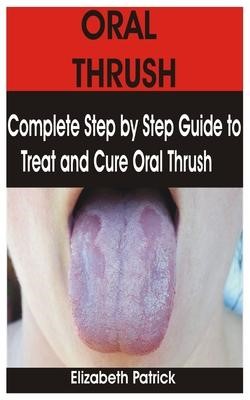
Thrush – What is it and How to Prevent It
Thrush is an infection that occurs when a natural yeast-like fungus, Candida albicans, grows out of control in the mouth or vagina. Normally, beneficial bacteria in the body keep this fungus under control. However, certain illnesses, stress or medications can disturb this balance and cause the fungus to grow out of control.
If the fungus is left untreated, it can spread to other parts of the body. This can lead to a more serious condition called systemic candidiasis, in which the fungus enters the bloodstream and affects organs like the lungs or liver.
Symptoms of oral thrush are creamy white, slightly raised lesions (or sores) inside the mouth. These can be on the tongue, inside the cheeks or the roof of the mouth and gums. You may also have a loss of taste or feel that food gets stuck in your throat. If your child has thrush, you may notice them swallowing a lot of saliva or having trouble feeding or drinking.
If you think you have thrush, your healthcare provider will look closely at the affected areas and probably scrape a small amount of thrush off with a tongue depressor and send it to the laboratory for testing. Your doctor may also ask you about your general health and past health and might do a physical exam to check for other problems. People with weakened immune systems, such as those who have cancer or HIV/AIDS, are more likely to get thrush than others. They might also have other problems that make them more likely to get thrush, such as dentures, diabetes or being on long-term antibiotics.
Thrush can be passed from person to person through close contact or kissing, but it isn’t usually a sexually transmitted disease. It can, however, be passed from a mother to her baby during breastfeeding.
You can help prevent thrush by practicing good oral hygiene and using over-the-counter oral antifungal medicines. These include nystatin, fluconazole and itraconazole. You can also take probiotics to help your body produce more healthy bacteria that can fight thrush.
Make sure you use a soft-bristled toothbrush and change it often. Floss and rinse with an antiseptic mouthwash to remove plaque and keep your mouth clean. Eat a balanced diet and avoid sugary foods that encourage fungus growth. If you wear dentures, make sure they fit well and are clean. Avoid smoking and drinking alcohol, as these can contribute to thrush. Wash and disinfect inhalers used for asthma or chronic obstructive pulmonary disease after each use to kill germs.
Should you wish to discuss your condition with an experienced Australian trained Doctor or expert in this area. Please book in for an online and Telehealth consultation. Phenix Health is always available when you need us 24/7. Contact bookings@phenixhealth.com.au





Phenix Health delivers online health services 24/7 provided by Australian doctors and healthcare professionals.